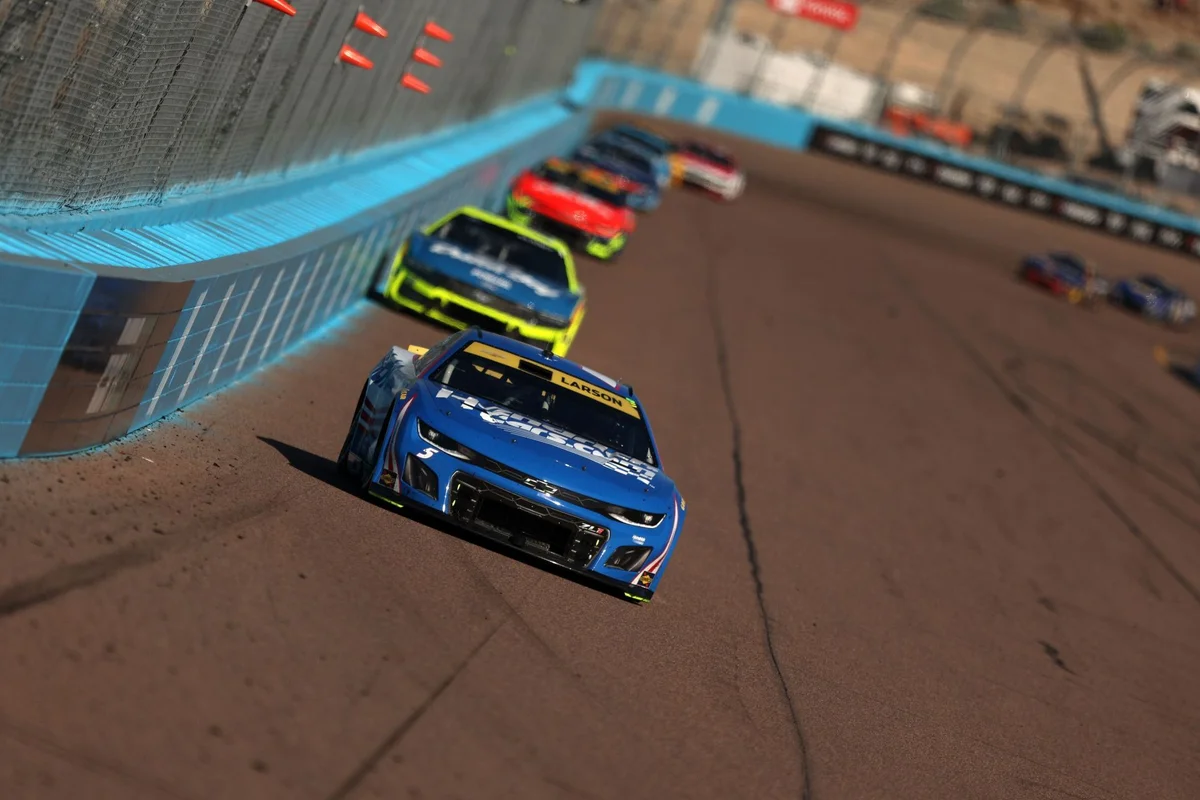Hendrick Motorsports Technical Solution, based in the Charlotte region, entered a $2.25 million contract with U.S. Immigration and Customs Enforcement (ICE) in August 2025 for the delivery of vehicles on a priority basis, according to WBTV. This Hendrick Motorsports ICE vehicle deal was conducted through a non-competitive process due to urgent requirements by ICE, reflecting the organization’s immediate operational needs.
The agreement involved supplying 25 standard, stock chevrolet/”>Chevrolet Tahoes. Representatives from Hendrick Companies characterized this as a typical commercial transaction, emphasizing their established history of working with government agencies. Despite supplying the vehicles, Hendrick Companies stressed they have no influence over how ICE, or any other agency, deploys the vehicles after purchase.
Purpose of the ICE Vehicle Acquisition and Ongoing Operations
The new addition of vehicles is intended to boost ICE’s efforts in inspection, investigation, enforcement, and removal operations. Speculation has emerged among some observers linking the acquisition to the recent “Charlotte’s Web” program, following a weekend during which ICE detained over 130 individuals, with 81 arrests recorded on Saturday.
Regarding the sale, a spokesperson for Hendrick Companies clarified:
“Earlier this year, we sold 25 standard Chevrolet Tahoes to the federal government. The vehicles were unmodified, and we fulfilled the commercial sale. We do not participate in or control how agencies equip, brand, or use vehicles after purchase.”
— Hendrick Companies Spokesperson
This public statement underscores their distance from any agency-specific use of the vehicles, maintaining Hendrick Motorsports’ role as a commercial vendor rather than an involved partner in enforcement activities.
Community Response Remains Deeply Divided
The Charlotte community has responded with mixed reactions to the Hendrick Motorsports ICE vehicle deal. Some local residents argue that providing vehicles to ICE supports necessary efforts to ensure safety and law enforcement efficiency in the region. Others, however, criticize the move, contending that such government actions heighten anxiety and reinforce a climate of fear among vulnerable communities. This tension was apparent as protests erupted in uptown Charlotte over the same weekend the arrests occurred.
Hendrick Motorsports Comments on Cup Series Challenges
In a separate development, Rick Hendrick, owner of Hendrick Motorsports, addressed the challenges of competing under NASCAR’s current playoff format after the recent Cup Series Championship 4 race. Discussing the unpredictable nature of the system, he remarked on the competitive pressures faced by top drivers like Kyle Larson and Denny Hamlin during key events, such as the 319-lap race in Phoenix.
“I think Kyle (will) win a lot of championships. It’s so hard. I look at Denny and how good Denny’s run and he hadn’t got one. These things are really hard under these rules to win a championship. You can win all the races, you can win a ton of races, you get here, have a flat tire, things can happen. A lot of these things are out of your control.”
— Rick Hendrick, Team Owner
Rick Hendrick further explained that the three-race elimination structure, introduced in 2014, doesn’t always favor drivers who dominate the season, contrasting it with the chase format under which Jimmie Johnson claimed seven titles for Hendrick Motorsports. This sentiment reflects broader concerns among drivers, owners, and fans about the evolving nature of NASCAR competition.
Ongoing Impact of the Vehicle Deal and Broader Implications
The $2.25 million agreement between Hendrick Motorsports and ICE continues to spark debate over the role private companies play in government enforcement efforts. With heightened focus on recent arrest operations in Charlotte and continuing discussion about changes in NASCAR’s structure, both topics remain front-of-mind for the area’s residents and racing fans alike. The longer-term impact of the Hendrick Motorsports ICE vehicle deal may depend on future enforcement actions, community reaction, and the ongoing dialogue between racing organizations, government agencies, and the public.
